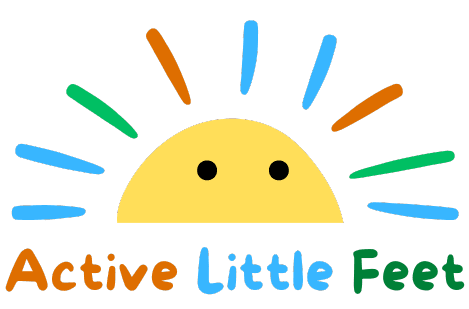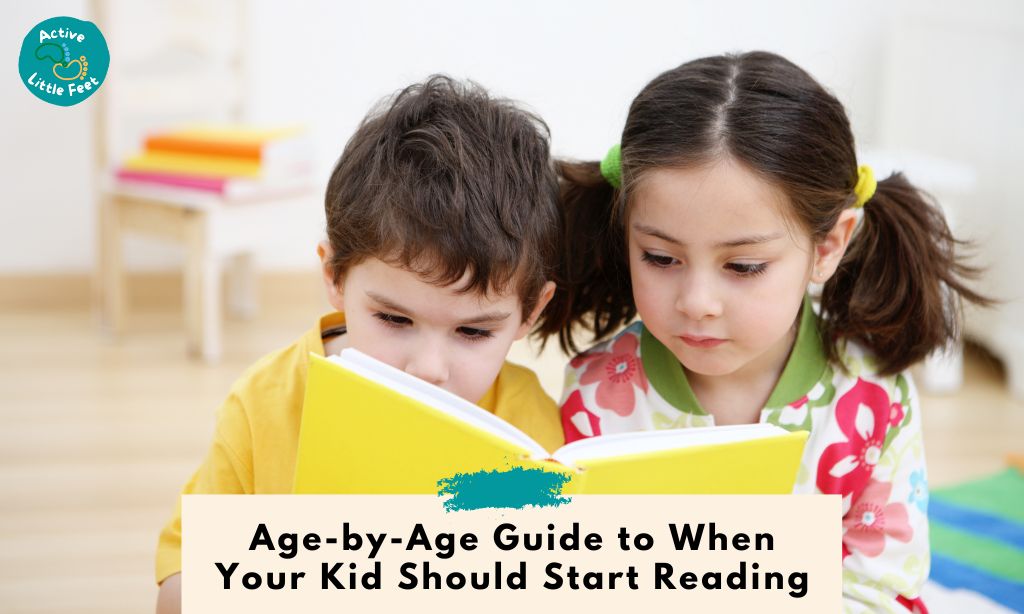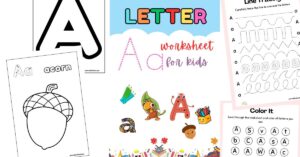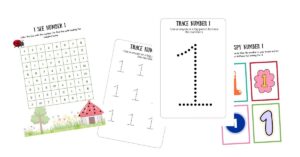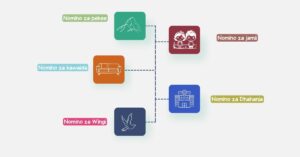When should kids start reading? Is there an appropriate age to introduce reading? well…
Children start reading independently and acquire fluency between 6-7 years old. This is after you have laid a proper reading foundation for your child. In fact, according to Kids Health, kids develop an interest in books as early as three years and will start reading simple words between 4-5 years.
Since children cannot learn how to read through the natural language process, you must teach them how to understand the written word. They must know that words comprise individual sounds matched to the letter.
Most parents worry about their children’s learning pace and sticking to a specific timeline. But, unfortunately, this thinking might negatively affect your child’s love of reading. That is why it is better to understand children’s general age-by-age reading milestones so you can support their learning as they grow.
But first, if you are in a hurry, here is a summary of everything we are going to discuss.
| Age | What to Expect and Do |
|---|---|
| 0 -1 years | 1. Babes communicate using sound and gesture. 2. Start reading and talking to your baby 3. Introduce board and soft book |
| 1 -2 years | 1. Moves from bubbling to using words 2. Allow them to hold the book and turn the page 3. Point from left to right so your child knows people read from left to right |
| 3 – 4 years | 1. Your child will learn the fundamentals of reading (alphabets) 2. They learn to associate sound with letters 3. They can summarize a story |
| 5 – 6 years | 1. Your child can sound out and decode words 2. Knows sight words 3. Ask them questions to see if they understand the story |
| 7 – 8 years | 1. Kids read to learn 2. Introduce more difficult and longer books 3. Prefer to read independently |

- Reading Milestones for Babies (0-1 years)
- Reading Milestones for Toddlers (1-2 years)
- Reading Milestones for Preschoolers (3-4 years)
- Reading Milestones for Kindergarteners (5-6 years)
- Reading Milestones for Young Elementary (6-7 years)
- Reading Milestones for Older Elementary (8-10 years)
- Is My Child a Lagging Reader?
- How to Help Your Child Improve their Reading
Reading Milestones for Babies (0-1 years)
At this age, children are learning to communicate using sounds and gestures. This is the best age to start reading and talking to them. They can also start playing with board books and soft books with colorful images.
As you read to your child at this age, they will make sounds or start cooing as a response. This shows that they are listening and engaging with you during the process.
In fact, this is the perfect time to introduce sensory books for stimulation and general development. We have an article explaining the best time to introduce sensory books and why. Be sure to read it..

Reading Milestones for Toddlers (1-2 years)
Babies eventually start to babble enthusiastically, laughing and talking in their unique language when you read or speak to them. Finally, at two years old, they start using words. This is how you know that their vocabulary is increasing every day.
What’s more, it is the best age to start getting them physically involved in reading. For example, you can hold the book with them and turn the pages together. You can also read many picture books so they can point and ask questions.
Here’s a handy tip; run your fingers from left to right so they know that people read from left to right. Additionally, you’ll notice that your child has a favorite story at this stage. Take advantage of this and play the foolish parent by pretending to forget part of a sentence so they can attempt to finish it. At this age, your child will also know the name of their favorite book and can identify it by pointing to the pictures on the cover.

Reading Milestones for Preschoolers (3-4 years)
In preschool, your child will learn the alphabet and more about the fundamentals of reading and books. They can attribute sounds to the letters in the alphabet and identify parts of a book, like a title, spine, cover, and author. Our article on different types of books will guide you on what genre to introduce at this stage.
At this age, your child can also summarize the stories you read at a basic level. For example, they can tell you a story about a cow who lives on a farm. In addition, it helps to sing lullabies and nursery rhymes to boost their phonics knowledge and confidence. This is also a great time to practice writing their name.
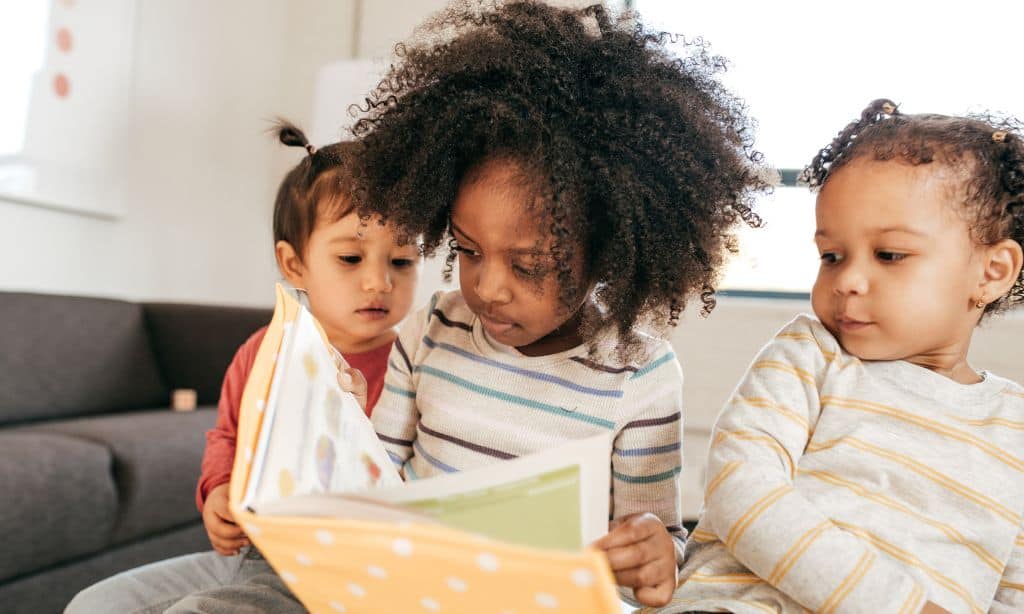
Reading Milestones for Kindergarteners (5-6 years)
Your child will learn how to sound out and decode words at kindergarten. It is also the age when they begin learning sight words. Sight words are words that children learn by memory because they are not easy to pronounce.
Examples of sight words include; the, was, are, have, and said. As much as they learn by memory, your child can also identify and manipulate words in the written text at this stage. When you read to your kindergartener, encourage them to summarize the story in more detail.
You can also ask them questions to see if they understand the story. This is how you know if your child understands single words by definition and in context. When children understand what they are reading, they enjoy reading more. Even better, read this article to discover how activity books will be helpful at this age.

Reading Milestones for Young Elementary (6-7 years)
Your child will start learning advanced phonics like vowel teams, silent letters, and controlled vowels at this age. They will also learn spelling rules and patterns. You might notice that your child wants to re-read their favorite storybooks at this stage.
You should encourage this behavior because it helps to build fluency. Kids re-reading their favorite books also introduces and encourages them to explore unfamiliar words. Encourage your child to read aloud to correct themselves if they make mistakes.
To solidify a love for reading, encourage your child to make conclusions and relate them to daily life. Making new connections to familiar facts and exploring new ideas makes reading interesting for your child. At this stage, kids can also organize the story into a logical sequence: beginning, middle, and end.

Reading Milestones for Older Elementary (8-10 years)
At this stage, your child reads to learn, not vice versa. In fact, they prefer reading independently for pleasure or to explore their interests. This is a significant milestone, but it is still crucial to introduce books that are more difficult for them to read.
You can continue to read aloud together and find real-world connections. Your child can use correct punctuation and spell words correctly. They understand the concept of paragraphs and apply it in writing. Similarly, they’ll use pictures and context to identify new words.
This is the right stage to introduce longer books so they can practice their reading and expand their vocabulary. They will learn to use words and phrases in a sentence correctly and illustrate stories.

Is My Child a Lagging Reader?
Did you know that 50% of children with ADHD have dyslexia? Dyslexia can slow down your child’s reading process. However, it is essential to note that not all children falling behind have a learning disability. The pre-reading skills and habits in their younger years directly impact your child’s reading development.
If you are worried your child is falling behind, the best thing to do is visit your family pediatrician for a diagnosis. Speech delays are usually more noticeable than learning disabilities, so seek medical advice when you notice any signs of speech delays in your child.
How to Help Your Child Improve their Reading
When children compare themselves to their peers and notice they are falling behind in their reading, they get discouraged. Fortunately, there are ways you can assist them in catching up.
1. Seek Help Early
When you notice your child is not meeting the general expectations for reading development, it is best to seek help early. An expert in early childhood development or a pediatrician can advise on the steps you need to take. Getting specialized help earlier will ensure your child achieves grade-level reading skills like their peers.
2. Read Books at Your Child’s Level
Does your child make more than one reading error in every ten words? This is a sign that a book is too difficult for your child. Take a mental note of the topics your child is interested in and get books that align with their interests. When children are interested in a subject, they put in more effort to try reading the book.
If your child is already in school, ask the teacher to recommend some books based on their assessment of your child’s reading skills. Then, using the same logic, let your child attempt it if they are interested or want to read more challenging books. This might boost their confidence and motivate them to read more.
3. Consider Buying Audiobooks of their Favorite Stories
Reading and listening to stories simultaneously helps improve reading comprehension. Experts recommend this strategy, especially for kids with short attention spans and low reading skills. You can also habitually read to your child to help build fluency, expand vocabulary, and encourage bonding.
Your child’s success in reading will predict their academic success. That is why it is crucial to encourage a love for reading at an early age. It is also essential to make the process fun for your kids. Read our article on tips that make reading activities fun for children for a detailed guide.
